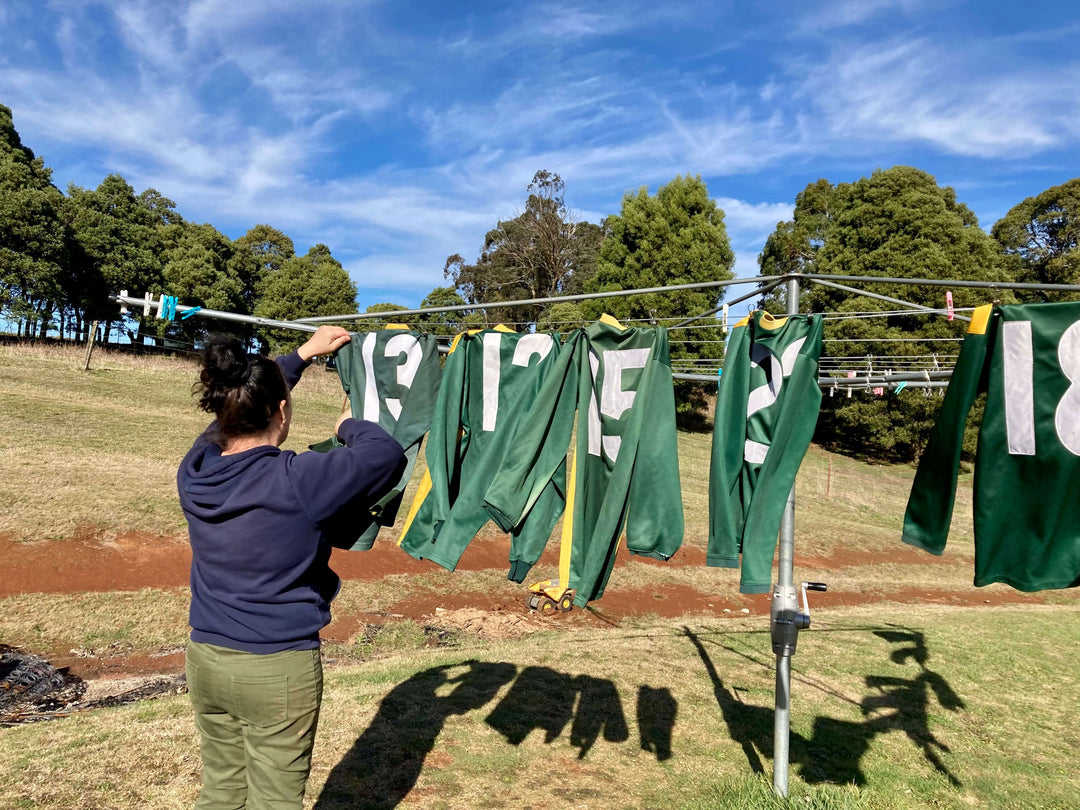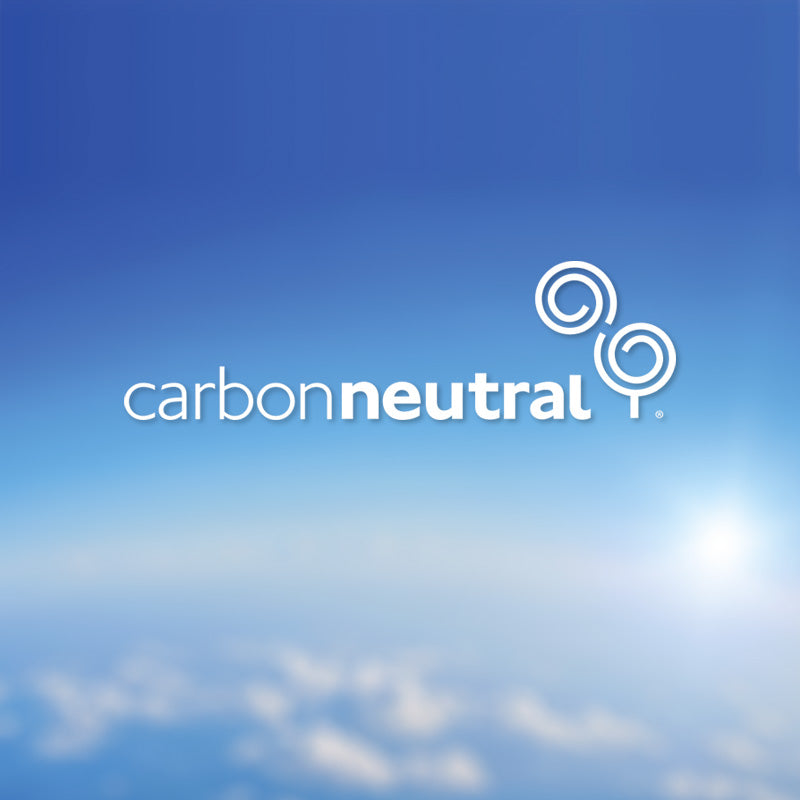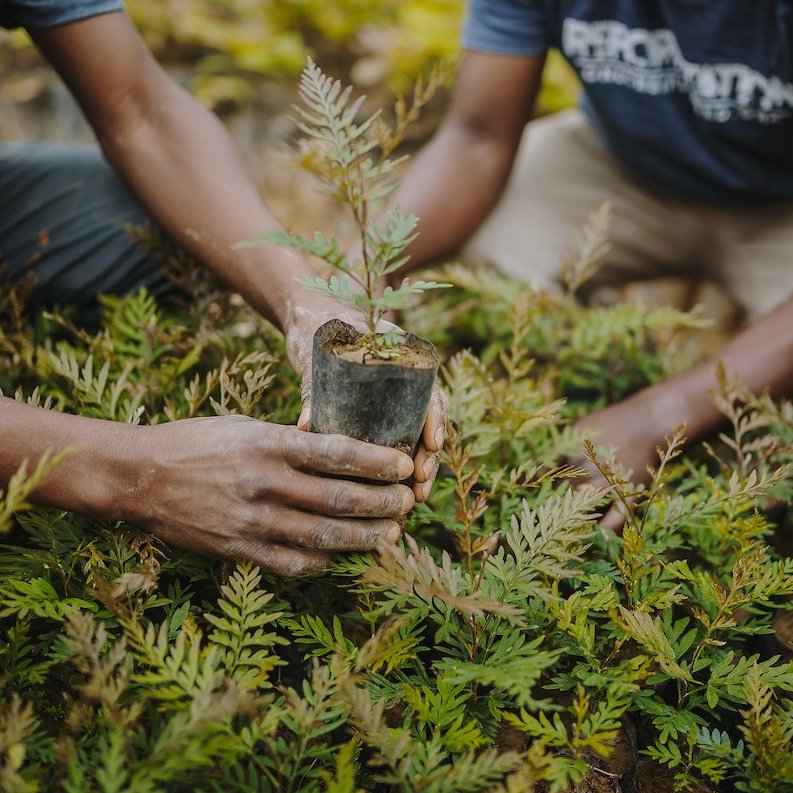Sustainability
Sustainability



Sustainability
There’s hundreds of clothesline manufacturers in the world, but we choose to partner only with brands who take product quality seriously. The majority of these brands are Australian.



We're a partner of Carbon Neutral and participate in their Plant-a-Tree conservation program. For every order on Lifestyle Clotheslines, we plant an Australian native tree or shrub in the Yarra Yarra Biodiversity Corridor to support returning the land to its original condition and restoring precious ecosystems within.
We've partnered with Australia’s most awarded Green Energy Retailer, the Powershop, to become 100% carbon neutral. This means we offset all carbon emissions associated with our office and Sydney warehouse.
Every time the average Australian home runs a dryer, it costs roughly $2.80 plus pumps around 4 kilograms of greenhouse gases into the atmosphere. Using a clothesline is easier on the planet (and your bank balance).
Poor quality products often break and need to be binned, resulting in tremendous waste. These rubbish products are built with chemicals and cheap plastics that emit airborne toxins. Quality and durability are core to our DNA.
Business needs to change today which is why our mission, purpose and inner drive is to continue finding ways to become more sustainable. We know we’re not perfect, but we are all responsible for making changes, no matter how big or small, that will make a difference.
Designing recyclability into all products and packaging plus choosing materials that can be recycled easily and more efficiently is an ongoing effort. There is still a lot of work to be done, but our goal of the magic 100% is in sight.
Making smart energy choices is an ongoing process and we are taking steps to move towards 100% renewable energy. Working with our suppliers on renewable energy will make us all more self-sufficient and sustainable.
Currently, 86% of our waste is recycled. Our goal is to recycle all wood, plastic, metal, water and paper from our production and packaging. How? By working on smarter waste separation and elimination strategies with suppliers.